The Digital Methods School
A program for applied, digital archeology, and investigative research that seeks to go beyond conventional methods and mine unique data, taking the field of digital humanities to a new level
ABOUT
The Digital Methods School
How to study Russia without a direct access to it? How do we make the best use of empirical evidence that the digital world offers? It is time to rethink our approach to the humanities.
The New Methodological School is a program for investigative research that seeks to go beyond conventional methods and mine unique data that is otherwise impossible to get without specialized knowledge. The New Methodological School takes the field of digital humanities to a new conceptual and technological level.
In partnership with GEODE—the leading French institution for the study of the datasphere—and leading investigative journalists, the New Methodological School creates a hub for the study of the datasphere in Russia and will offer academic seminars and courses exploring OSINT (Open-Source Intelligence) research.
In partnership with GEODE—the leading French institution for the study of the datasphere—and leading investigative journalists, the New Methodological School creates a hub for the study of the datasphere in Russia and will offer academic seminars and courses exploring OSINT (Open-Source Intelligence) research.
GEODE Center
Geopolitics of the Datasphere
Geopolitics of the Datasphere

A multidisciplinary research and training center dedicated to the study of the strategic and geopolitical issues of the digital revolution. Supported by the University of Paris 8, GEODE has been awarded Center of Excellence status. It is also the largest beneficiary of the William and Flora Hewlett Foundation’s Cyber Initiative.
GEODE has a dual ambition:
- To study the datasphere as a geopolitical object in its own right
- To use the resources of the datasphere to conduct geopolitical analysis
Methodological Tracks
Our methods allow us to conduct online research on public opinion, sociology, and discourse analysis; explore digital geography and examine the impact of events; compile and process open-source information; and fulfill other research objectives using metadata.
Any form of digital activity leaves behind metadata that can tell us a lot about actions, intentions, motivations, networks, finances, and social relations. This data produced by the tools we use daily (social networks, browsers, routers, etc.) is extremely useful to anyone who wishes to take advantage of this mass of information for the purposes of analysis, forecasting, or the exertion of diverse forms of control. The Digital Archeology track teaches how to excavate and explore the data that can respond to the most important contemporary questions.
A substantial part of such investigations can be described as a kind of “digital archeology,” as digital traces do not disappear when a website ceases to exist. Indeed, digital vestiges of forgotten information operations that happened 10 years ago are still available, even if all the contents have disappeared from the Internet. This makes it possible to establish detailed chronologies and trace the biographies of some entrepreneurs of influence.
Our tools and methods will help with exploring almost any social phenomenon that has ever been present on the Internet.
A substantial part of such investigations can be described as a kind of “digital archeology,” as digital traces do not disappear when a website ceases to exist. Indeed, digital vestiges of forgotten information operations that happened 10 years ago are still available, even if all the contents have disappeared from the Internet. This makes it possible to establish detailed chronologies and trace the biographies of some entrepreneurs of influence.
Our tools and methods will help with exploring almost any social phenomenon that has ever been present on the Internet.
Investigative journalism is often associated with sensationalist revelations, while in fact it is a system of monitoring tools that analyzes abnormalities and changes, and it dives into the exploration of those anomalies.
Known as OSINT (Open-Source Intelligence), these techniques and their results have been popularized by the work of investigative teams such as Bellingcat or Forensic Architecture on various sensitive topics. If such investigations are common in some technical and journalistic communities, they have been underused by social scientists. In most cases, investigations are mobilized as external sources and not as a part of the demonstration per se. This epistemological limitation tends to relegate OSINT to the status of a documentation technique. We, however, argue that it has a role to play in conceptual matters and in developing new digital fieldwork for the study of Russia.
Known as OSINT (Open-Source Intelligence), these techniques and their results have been popularized by the work of investigative teams such as Bellingcat or Forensic Architecture on various sensitive topics. If such investigations are common in some technical and journalistic communities, they have been underused by social scientists. In most cases, investigations are mobilized as external sources and not as a part of the demonstration per se. This epistemological limitation tends to relegate OSINT to the status of a documentation technique. We, however, argue that it has a role to play in conceptual matters and in developing new digital fieldwork for the study of Russia.
WHAT WE DO
An interactive digital map that systematize all activities of Yevgenii Prigozhin and his media accross the globe.
Read our Research
Subscribe to our newsletter
You will receive our biweekly newsletter with the most relevant Russia-related research news
